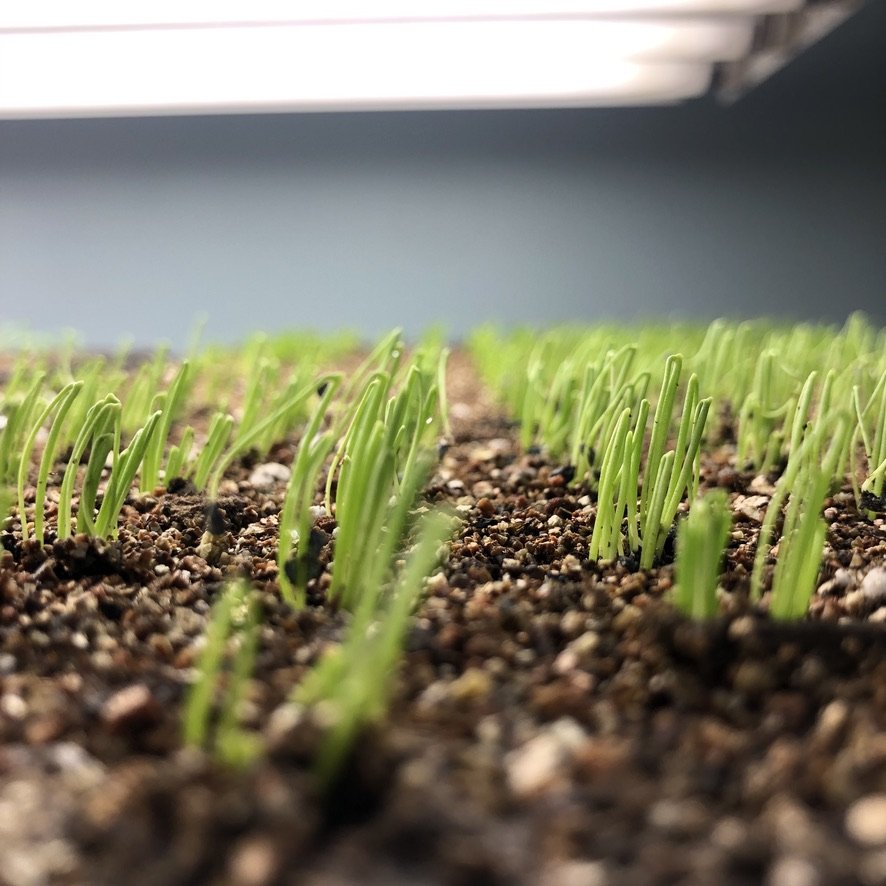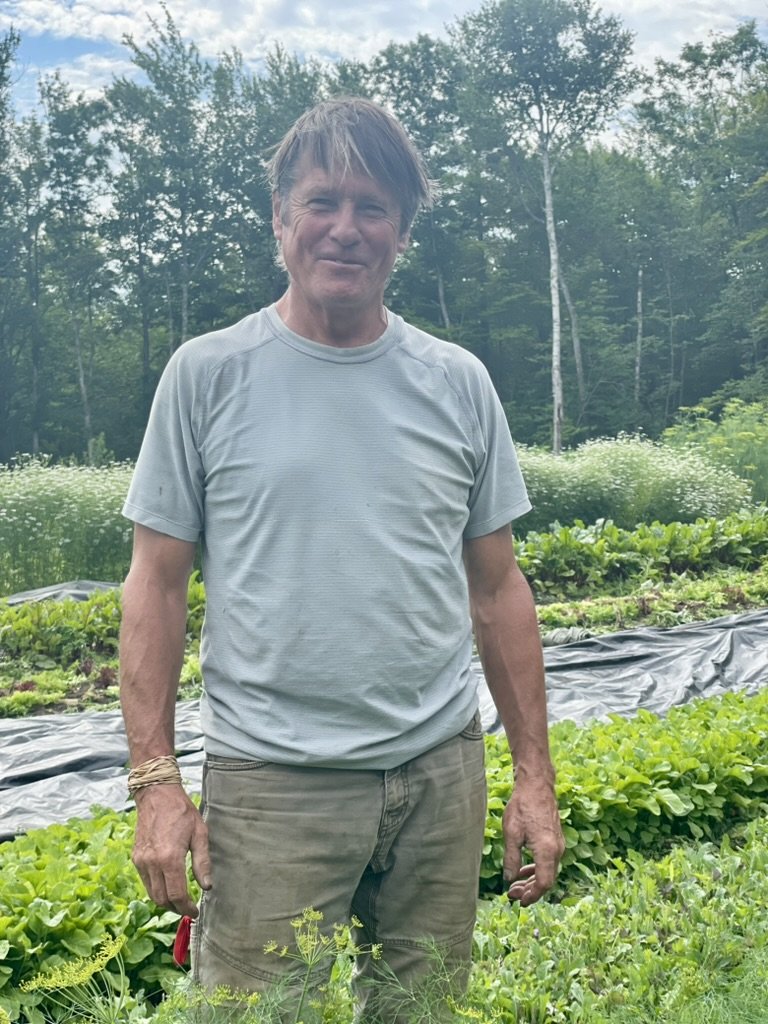
Blog
Deep dives into both timely and timeless food system topics

Celebrating Charles Kelsey and his service to KFH!
We’re celebrating the incredible service of Charles Kelsey on the Kearsarge Food Hub Board of Directors, as he steps down from his position as Board Chair.

Why Flowers? Three benefits of adding blooms to your small farm
As the agricultural landscape continues to evolve, and pressure from industrial scale agriculture makes it increasingly difficult for small scale operations, small farm businesses are constantly seeking innovative ways to thrive and differentiate themselves.
